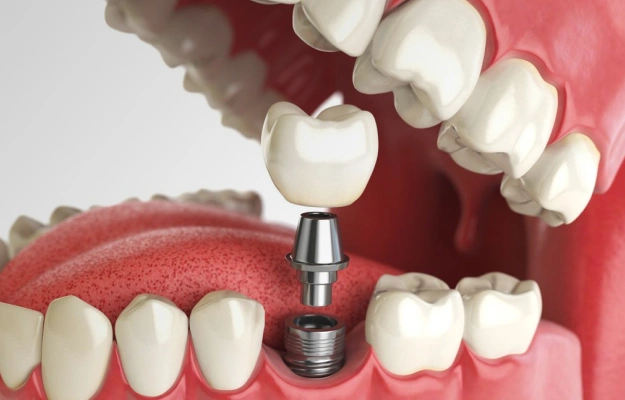Restore Your Oral Health With Oral Surgery


If you have a problem with your teeth, gums, or jaw, your first step should be to book a dentist appointment. The vast majority of dental and oral issues can be addressed and managed by routine care and preventative dental visits.
However, sometimes your dentist may recommend oral surgery if you have a tooth that is painful or broken. It’s important that you get this advice first. Going straight to an urgent care clinic or the ER can be a costly way to address dental issues, and they may only give you medicine and tell you to see a dentist anyway. Your dentist should be the person, in other words, who recommends surgery.
- Painful or severely damaged teeth. Sometimes for orthodontic purposes as well.
- Impacted teeth. Sometimes there isn’t enough room for emerging teeth in your jaw, and they will need to be removed.
- Jaw-joint issues. The temporomandibular joint (TMJ) connects your jaw to your skull, and it can develop several issues that are best addressed via surgery.
- Overbite or underbite. Severe cases of jaw misalignment can be treated via surgery.

